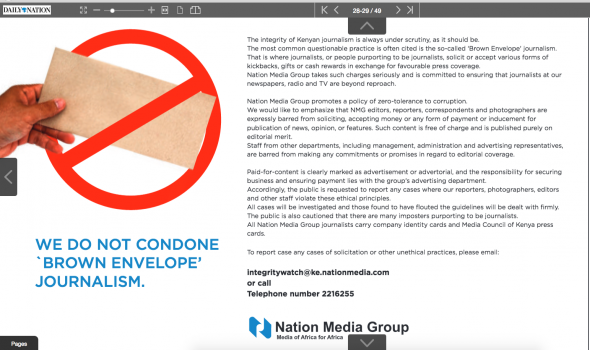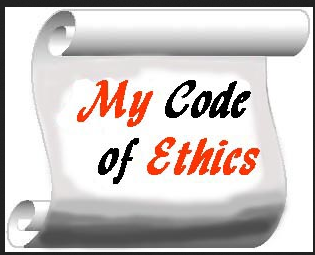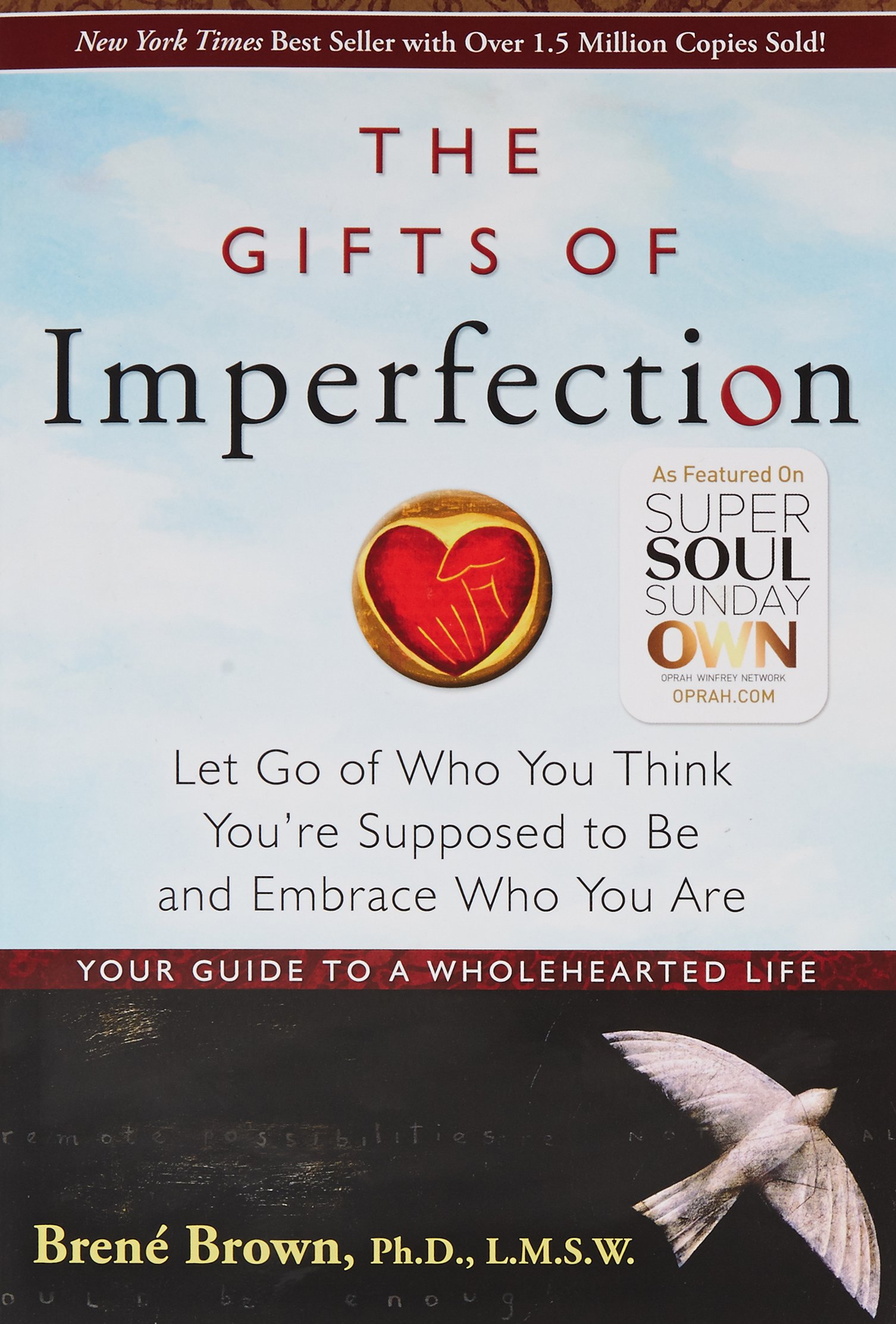By Paul Udoto Nyongesa
“Education without values, as useful as it is, seems rather to make man a more clever devil.”
The above quote by Clive Staples Lewis, one of the intellectual giants of the twentieth century, brings to the fore the subject of ethics. As a communications professional, my industry is often ridiculed for being unethical. It’s derisively called one full of ‘spin doctors’. Yet one of the hallmarks of a profession is that it has a code of ethics, often with the means to enforce it. This is particularly troubling when the temptation to cut corners is so rife. What with digital technology and capacity to manipulate reality in the Information Age!
Value of truth
My core responsibility is that of presenting a positive image of my employer. Thus by definition, I am an advocate, committed to advancing my organizational goals. Therefore, I come to the marketplace with a bias, that of defending my employer’s interests in the court of public opinion. Yet, at the same time, my profession requires telling the truth, a key ingredient in credibility and trust, according to Michael S. Sitrick with Allan Mayer in their book Spin: How to Turn the Power of the Press to Your Advantage. Indeed, like Caesar’s wife, I am expected to live beyond reproach. So, how do I come to terms with my conscience when giving evasive answers or withholding information from journalists? How do I balance corporate self-interest against the larger public interest? These are some of the ethical dilemmas I face at work.
Ethical issue
One outstanding example of ethical issue for media liaison people like me in Kenya is the bribery of journalists through freebies and junkets under euphemisms such as ‘brown journalism’. It has been known through ages that whoever pays the piper calls the tune. This ethical dilemma of paying journalists ‘transport’ ‘tea’ ‘facilitation’ and other euphemisms can only be resolved if media organizations paid their journalists better and gave them adequate newsgathering resources.

Personal questions
At a personal level, a code of ethics acts as a daily moral guide and stem from identifying values. This has formed and evolved through experience and observation throughout my life, and I believe it to be crucial to who I am today. I have derived the code of ethics from asking myself questions such as:
- “What do I believe in?”
- “How would I like to behave around others?”
- “How do I prefer to treat others?”
- “How would I like others to be treated?”
- What are my common personal values?
- What ethical dilemmas have I faced before and expect to face in future? Guidelines
Guidelines
The answers to these questions are a combination of all of the factors in my life that drive me to do or not do something. My code of ethics are a combination of many experiences, including from friends, teachers, colleagues, religion and role models. In a distilled form, the following will guide my life:
- I believe in the golden rule, where I strive to treat others in a way that I would like to be treated.
-
 I will learn from everything, and will never pass up the
opportunity to learn something new or improve an existing
skill.
I will learn from everything, and will never pass up the
opportunity to learn something new or improve an existing
skill.
- I will never pass up the opportunity to share my skills and experience with others.
- I will live true to my values and principles and chase my goals
- I believe that people and companies should practice what they preach and strive to live by their corporate values statements and make decisions that benefit society.
- My life has value. It is up to me and me alone to prove this value to the world.
Roadmap
Overall, my personal ethical code is diverse and complicated, and it promises to change and grow over the rest of my life. It is my roadmap to being a good human being. I hope to leave a lasting legacy on the world and to be remembered by the good things that I did.
@pauludoto

